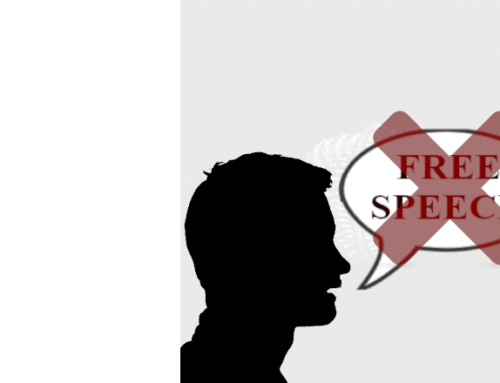Harvard University’s decision to officially refrain from taking public policy positions is not only commendable, it is a model for virtually every institution of higher learning. Indeed, it should be adopted by every entity not specifically founded as an advocacy organization. This would include corporations as well as umbrella groups representing such professionals as actors, athletes, doctors, nurses, teachers, and all those whose line of work has nothing to do with advocating for one cause or another.
In short, if a company sells shoes, it should sell shoes and refrain from making partisan public statements.
“The purpose of a university is to pursue truth.” That is the first sentence in the “Report on Institutional Voice in the University.” It is so basic as to be uncontroversial, yet from my experience in the academy it has long been subject to criticism, if not condemnation.
The Harvard report rightly notes that “if the university and its leaders become accustomed to issuing official statements about matters beyond the core function of the university, they will inevitably come under pressure to do so from multiple, competing sides on nearly every imaginable issue of the day.” When this happens, it notes, it “runs the risk of alienating some members of the community by expressing implicit solidarity with others.”
It further explains its reasoning by saying, “the reason for its silence is the belief that the purpose of the university is best served by speaking only on matters directly relevant to its function and not by issuing declarations on other matters, however important in themselves.”
The same could be said about most organizations.
For example, when the NFL takes sides in the cultural wars it is not only straying from its mission, it is unnecessarily alienating football fans. Ditto for the National Education Association—it should not be telling teachers and students what to think but how to think. Disney should be entertaining children, not promoting a politically skewed agenda that many parents find objectionable.
The same is true of products like Bud Light and retail outlets like Target. Beer drinkers and shoppers want to know more about the items they are selling and not about the predilections of the corporate elite. Moreover, it makes no difference what the content of the communication is. Keep politics and sexual messaging out of it.
In the fall, the board of trustees, administrators and faculty of every college and university have an opportunity to discuss the Harvard model. Hopefully, they will adopt it. It is also important that this policy be considered by most other institutions as well. There is too much polarization in the nation without having prestigious organizations weighing in on matters that have no direct bearing on their raison d’être.
Note: We are sending this news release to a wide number of professional institutions, in and out of education.







